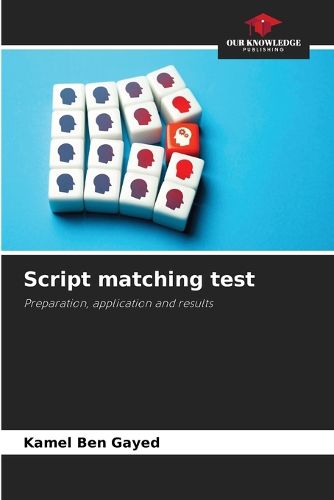Readings Newsletter
Become a Readings Member to make your shopping experience even easier.
Sign in or sign up for free!
You’re not far away from qualifying for FREE standard shipping within Australia
You’ve qualified for FREE standard shipping within Australia
The cart is loading…






The TCS is a standardized assessment tool derived from cognitive science research. It is based on script theory. This theory is defined as knowledge architectures adapted to specific actions. At the start of clinical training, learners have only theoretical concepts of the field, and the links between them are not very coherent. As they come into contact with patients, they reorganize their knowledge in order to accomplish their clinical tasks. Throughout their professional career, the knowledge network would be constantly reconfigured and improved by each new situation, as practical experience progressed. According to this theory, the hypothetico-deductive approach to clinical reasoning is based on multiple micro-judgments. In each clinical situation, it is characterized by the search for, selection and verification of the appropriate scripts to iteratively check or reject the hypotheses linked to the situation, by comparing them with the data collected. In short, the more experienced the practitioner, the more scripts he or she has built up, and the richer and more organized these scripts are.
$9.00 standard shipping within Australia
FREE standard shipping within Australia for orders over $100.00
Express & International shipping calculated at checkout
The TCS is a standardized assessment tool derived from cognitive science research. It is based on script theory. This theory is defined as knowledge architectures adapted to specific actions. At the start of clinical training, learners have only theoretical concepts of the field, and the links between them are not very coherent. As they come into contact with patients, they reorganize their knowledge in order to accomplish their clinical tasks. Throughout their professional career, the knowledge network would be constantly reconfigured and improved by each new situation, as practical experience progressed. According to this theory, the hypothetico-deductive approach to clinical reasoning is based on multiple micro-judgments. In each clinical situation, it is characterized by the search for, selection and verification of the appropriate scripts to iteratively check or reject the hypotheses linked to the situation, by comparing them with the data collected. In short, the more experienced the practitioner, the more scripts he or she has built up, and the richer and more organized these scripts are.